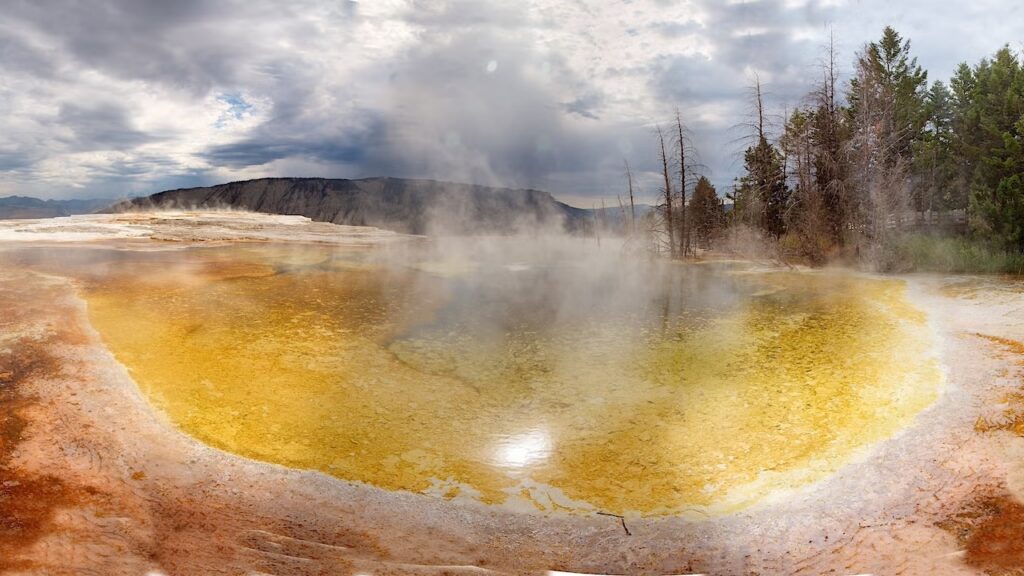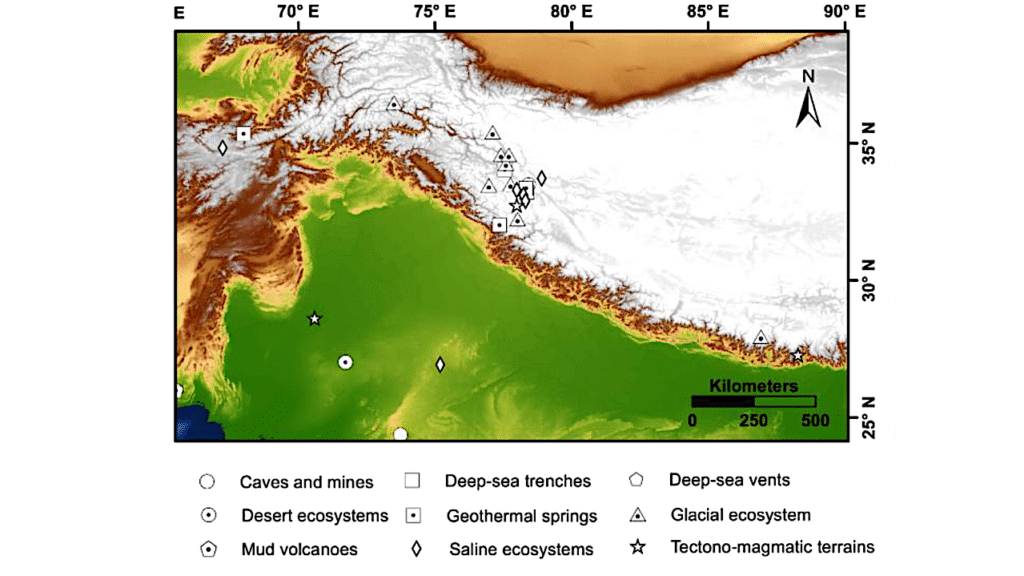NRC Report: Assessment of the NASA Astrobiology Institute
Committee on the Review of the NASA Astrobiology Institute, National Research Council
Executive Summary: Astrobiology is a scientific discipline devoted to the study of life in the universe–its origin, evolution, distribution, and future. It brings together the physical and biological sciences to address some of the most fundamental questions of the natural world: How do living systems emerge? How do habitable worlds form and how do they evolve? Does life exist on worlds other than Earth? The tremendous breadth and depth of this endeavor requires interdisciplinary investigation in order to be fully appreciated and examined.
As part of a concerted effort to undertake such a challenge, the NASA Astrobiology Institute (NAI) was established in 1998 as an innovative way to develop the field of astrobiology and provide a scientific framework for flight missions. Now that the NAI has been in existence for almost a decade, the time is ripe to assess its achievements.
At the request of NASA’s Associate Administrator for the Science Mission Directorate (SMD) the Committee on the Review of the NASA Astrobiology Institute undertook the assignment to determine the progress made by the NAI in developing the field of astrobiology (Appendix A). It must be emphasized that the purpose of this study was not to undertake a review of the scientific accomplishments of NASA’s Astrobiology program, in general, or the NAI, in particular. Rather, the objective of the study is to evaluate the success of the NAI in achieving its stated goals of:
- Conducting, supporting, and catalyzing collaborative interdisciplinary research;
- Training the next generation of astrobiology researchers;
- Providing scientific and technical leadership on astrobiology investigations for current and future space missions;
- Exploring new approaches, using modern information technology, to conduct interdisciplinary and collaborative research amongst widely-distributed investigators; and
- Supporting outreach by providing scientific content for K-12 education programs, teaching undergraduate classes, and communicating directly with the public.
The committee’s assessment of the NAI’s progress in these five areas can be found in Chapters 2 to 6, respectively. In evaluating the success of the NAI in achieving these five goals, the committee was requested to address the following considerations:
- Has the NAI developed, as envisioned, as an evolving experiment in cutting-edge, distributed, collaborative science and education in astrobiology?
- Does the NAI provide a unique and useful complement to other Astrobiology program support mechanisms (e.g., individual grants to principal investigators), and if improvements need to be made in this area, what are they?
- Are the research, training, and public educational activities of the NAI appropriately balanced in terms of investments and outcomes, services to NAI members and external partners, and activities that engage and support the wider astrobiology community and the needs of young professionals?
- What other activities/roles not currently undertaken by the NAI might be appropriate in future?
The committee’s responses to these four criteria can be found in subsections in Chapters 2 to 6. Specific recommendations and suggestions as to how these recommendations may be implemented can be found in the final subsection of the same chapters.
Information on the origins of NASA’s Astrobiology program and the NAI; a summary of comments on the role, status, and scientific importance of astrobiology from previous NRC reports; and some information on the budgetary history and the impact of recent cuts to the Astrobiology budget can be found in Chapter 1.








